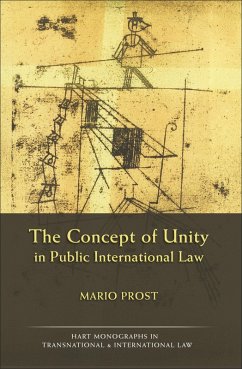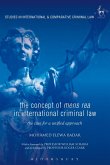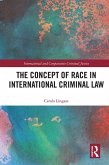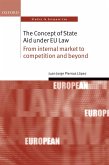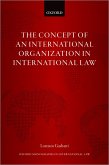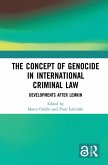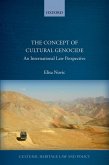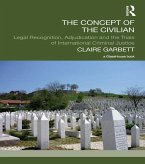'Fragmentation' has become a defining, albeit controversial, metaphor of international law scholarship in the era of globalisation. Some scholars see it as a new development, others as history repeating itself; some approach it as a technical issue and some as the reflection of deeper political struggles. But there is near-consensus about the fact that the established vision of international law as a unitary whole is under threat. At the core of the fragmentation debate lies the concept of unity, but this is hardly ever rationalised and is more assumed than explained. Its meaning remains vague and intuitive. 'The Concept of Unity in Public International Law' attempts to dispel that vagueness by exploring the various possible meanings of the concept of unity in international law. However, eschewing one grand theory of unity, it identifies and compares five candidates. Intentionally pluralistic in its outlook, the book does not engage in normative arguments about whether international law is or should be unitary but seeks to show instead that the concept of unity is contested and that discourses on fragmentation are necessarily contingent.
The thesis on which the book is based won the 2009 Prize for best doctoral thesis from the Association des professeurs de droit du Québec.
Hinweis: Dieser Artikel kann nur an eine deutsche Lieferadresse ausgeliefert werden.
The thesis on which the book is based won the 2009 Prize for best doctoral thesis from the Association des professeurs de droit du Québec.
Hinweis: Dieser Artikel kann nur an eine deutsche Lieferadresse ausgeliefert werden.

